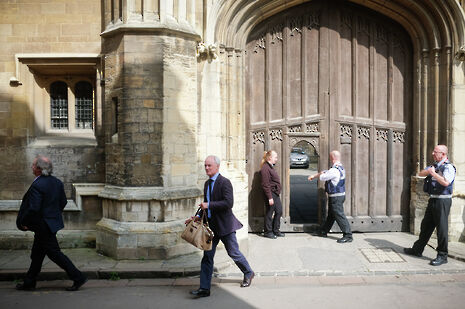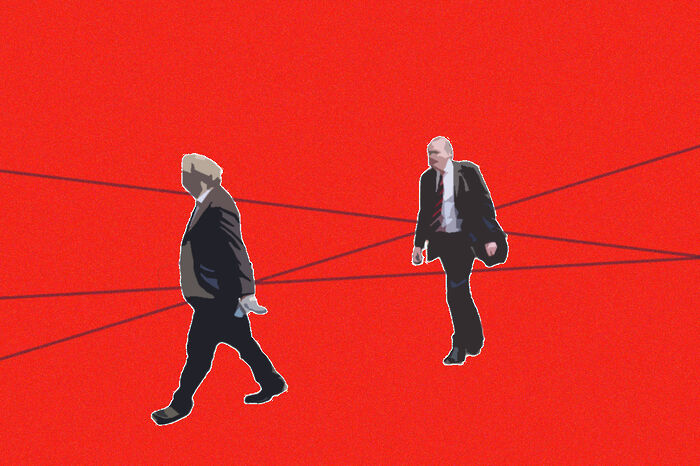University makes landmark decision against full divestment
The University Council today accepted the majority of the suggestions outlined in the controversial divestment working group report

In a rejection of widespread calls for the University to commit to full divestment from the fossil fuel sector, Cambridge instead plans to adopt the controversial recommendations made by its divestment working group.
In accepting the report’s recommendations, the University would commit to ‘considered’ divestment – preserving a policy position of avoiding direct investments in coal and tar sands, and keeping indirect investments to a minimum.
Varsity understands that the Council, however, intends to reject the report’s recommendation to invest 10% of its indirect investments in Environmental, Social and Governance (ESG) funds – suggested as a means of encouraging ethical investments in the short term – and opt instead to employ an ESG officer in the University Investment Office.
The University Council – the chief decision-making body – met today to make a final decision about whether to divest its presently-held indirect investments in fossil fuels. The University declined to comment on the outcome of today’s meeting. A spokesperson said: “Minor drafting changes were requested to the Council’s draft response.” The decision made today will undergo final review before an official announcement on Monday.
An open letter signed by 200 academics described the report as “a transparent attempt to thwart the direct and positive action of divestment by offering a range of more distant and ill-defined proposals in its place”, detailing what they deemed a mischaracterisation of campaigners’ concerns, and directly disputing the report’s claims that it is, for now, too difficult to commit to full divestment.
This divestment working group was set up in 2017 after the passage of a grace through Regent House calling for full divestment, in order to examine the “advantages and disadvantages” of divestment.
The outcome of today’s meeting comes as a disappointment to environmental activists in Cambridge. For the past three years, the question of whether to divest has seen growing support from Cambridge’s student body, mobilising climate activists into escalating action.
The student drive for full divestment has been led by campaigning group Cambridge Zero Carbon Society since 2015. Angus Satow, one of the group’s founding members, described a commitment to full divestment as a decision that would “reverberate around the world, and would be a major blow against the industry most responsible for climate breakdown.”
Satow described today’s decision as a “farce”, claiming that the working group report “ignores Cambridge’s own science” following the recent publication of an independent study by Cambridge academics, which argued that divestment from fossil fuels is “both a prudential and necessary thing to do”.
In the weeks leading up to the release of the working group report, Zero Carbon Society escalated action to try to influence the Council’s decision. Three Zero Carbon members went on a six-day hunger strike, while other students embarked on a seven-day occupation of Greenwich House.
A spokesperson for the University described today’s meeting as “a positive discussion on the Divestment Working Group report.”
 News / Fitz students face ‘massive invasion of privacy’ over messy rooms23 April 2024
News / Fitz students face ‘massive invasion of privacy’ over messy rooms23 April 2024 News / Cambridge University disables comments following Passover post backlash 24 April 2024
News / Cambridge University disables comments following Passover post backlash 24 April 2024 Comment / Gown vs town? Local investment plans must remember Cambridge is not just a university24 April 2024
Comment / Gown vs town? Local investment plans must remember Cambridge is not just a university24 April 2024 News / Climate activists smash windows of Cambridge Energy Institute22 April 2024
News / Climate activists smash windows of Cambridge Energy Institute22 April 2024 News / Copycat don caught again19 April 2024
News / Copycat don caught again19 April 2024







